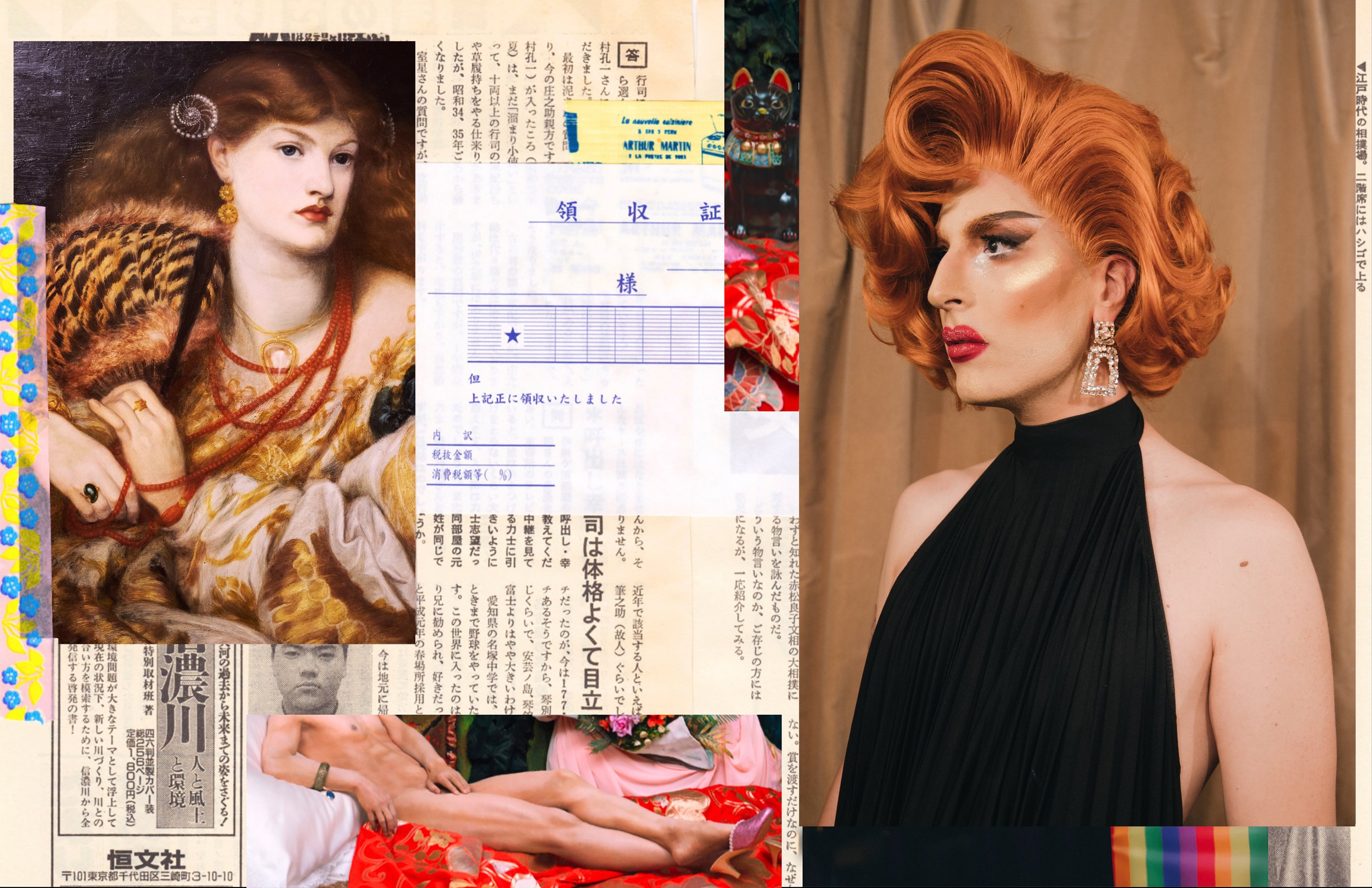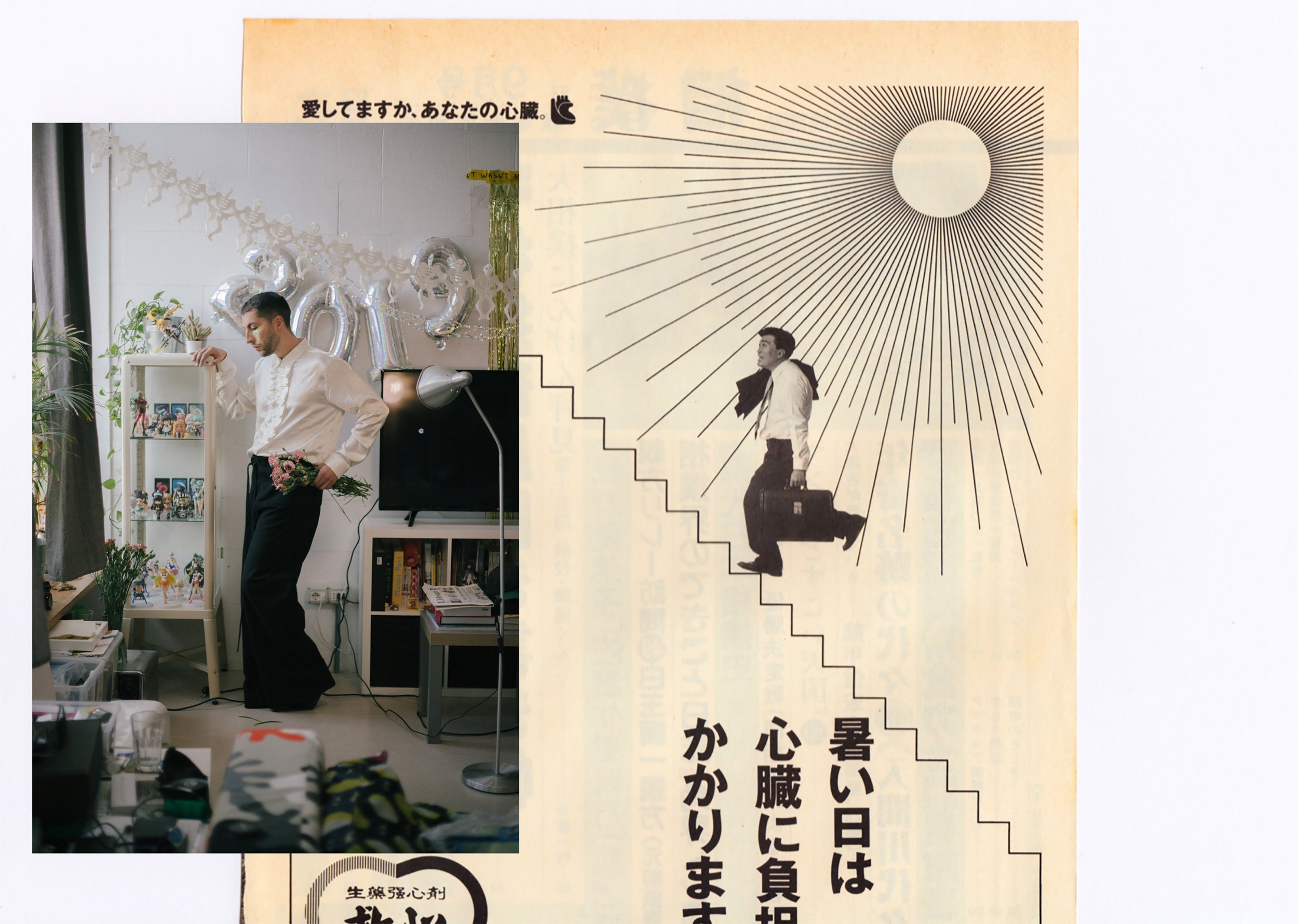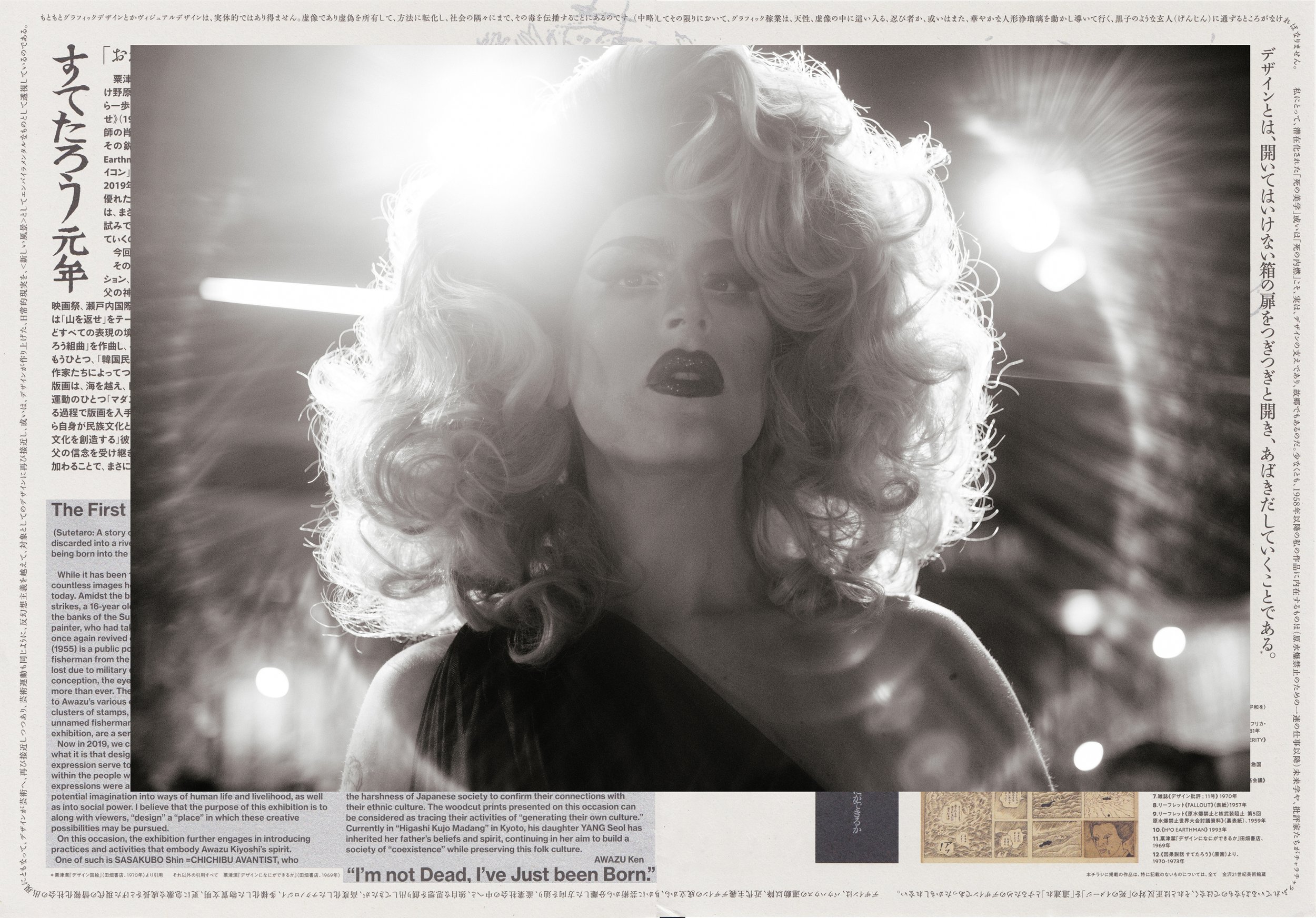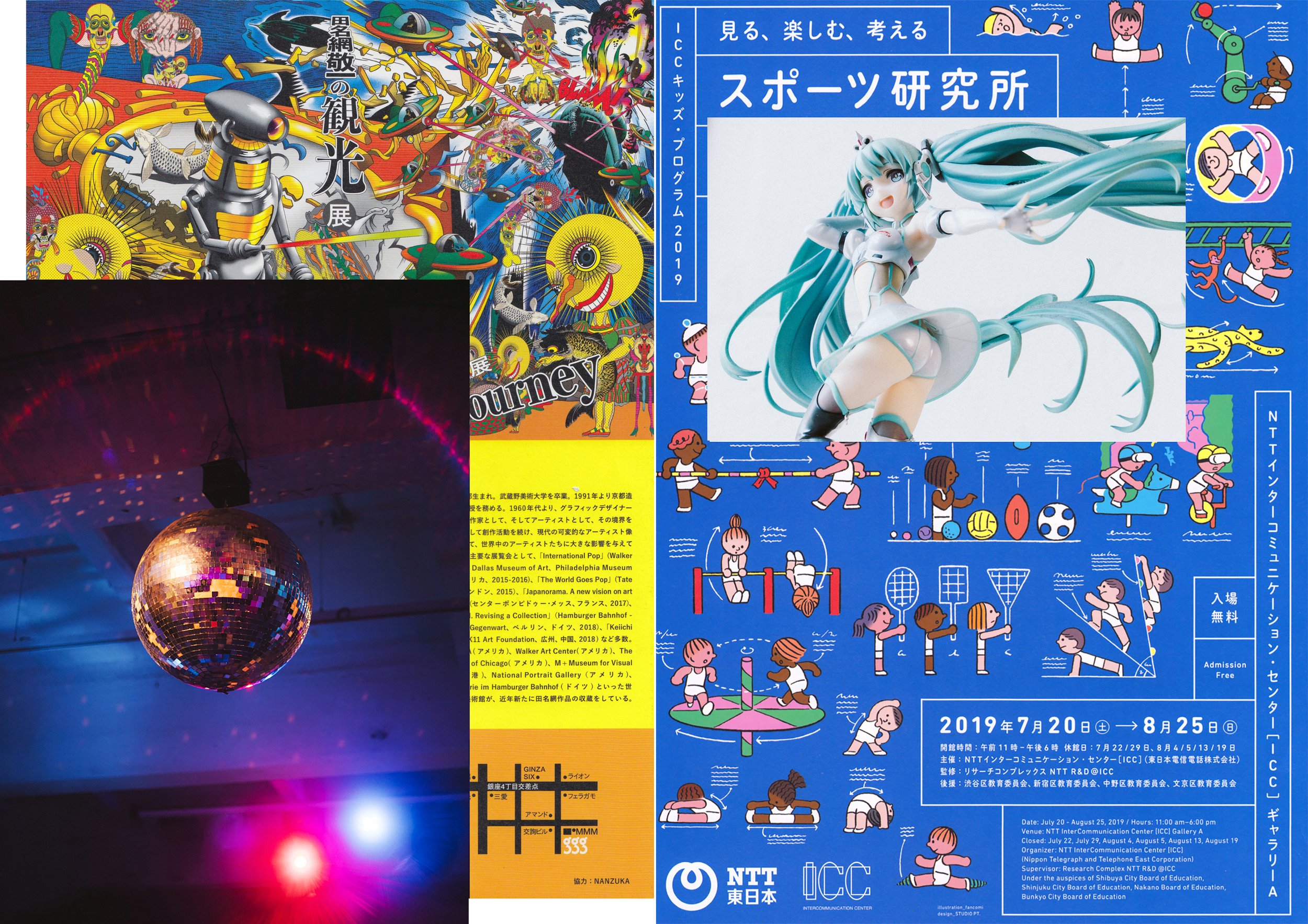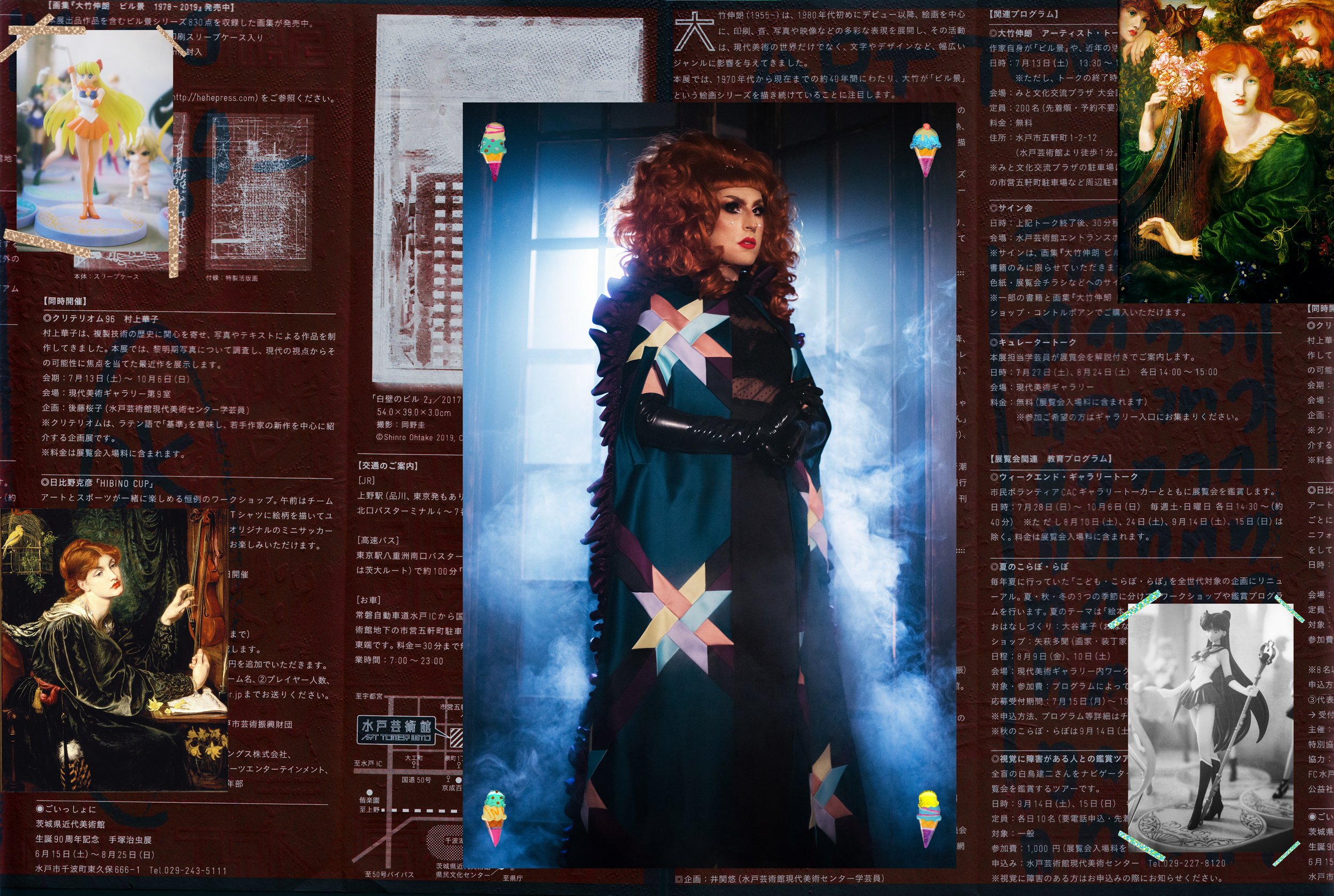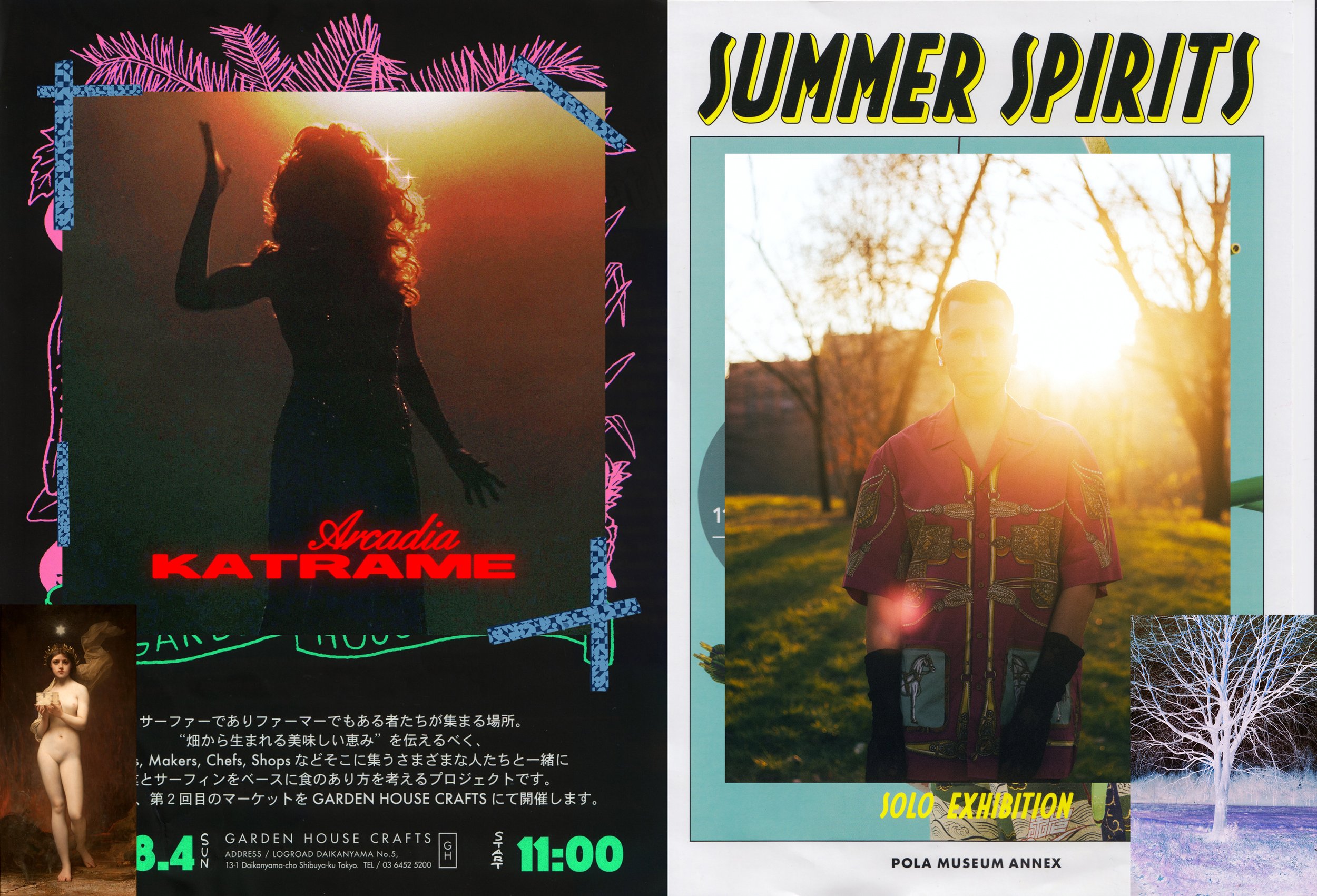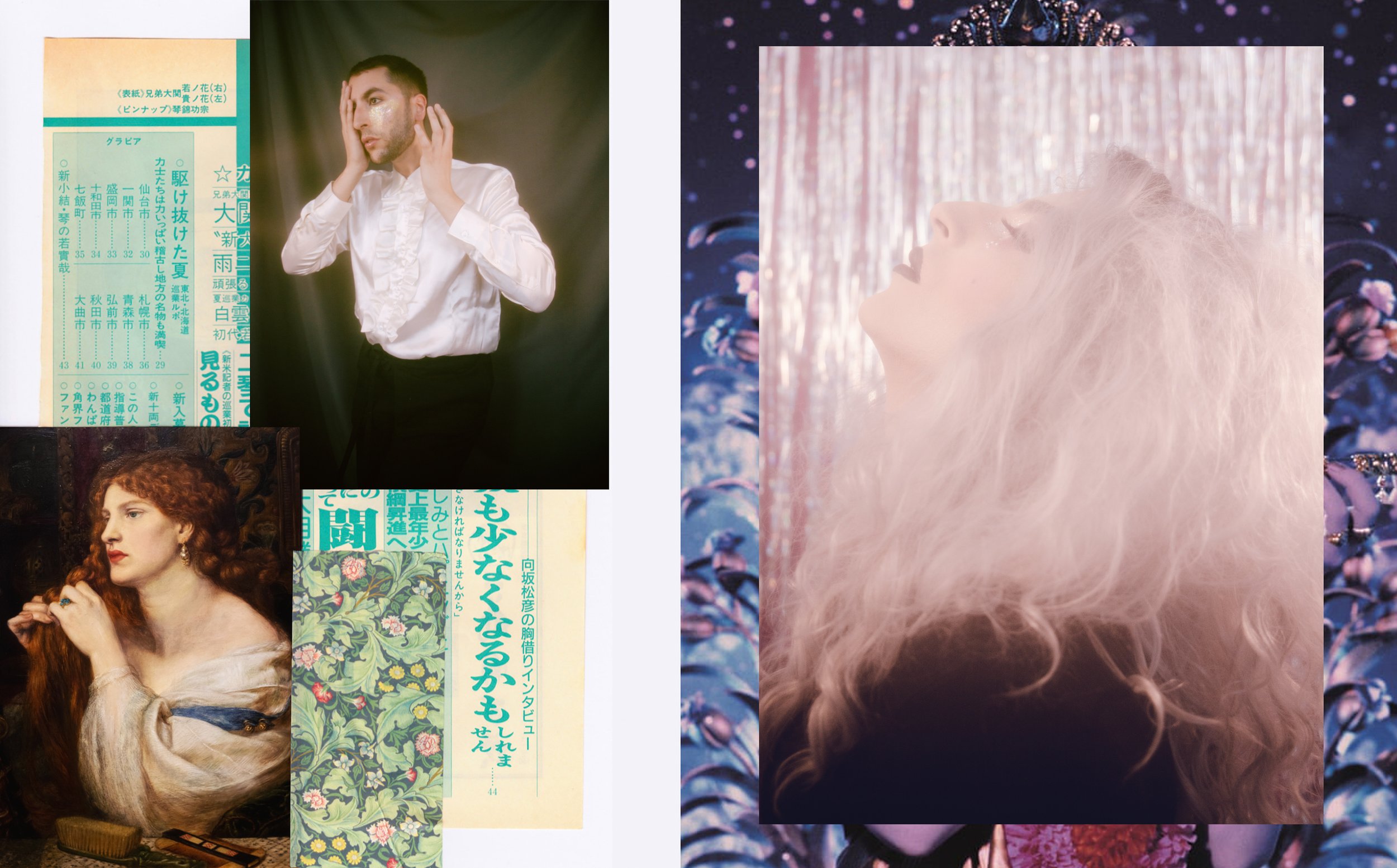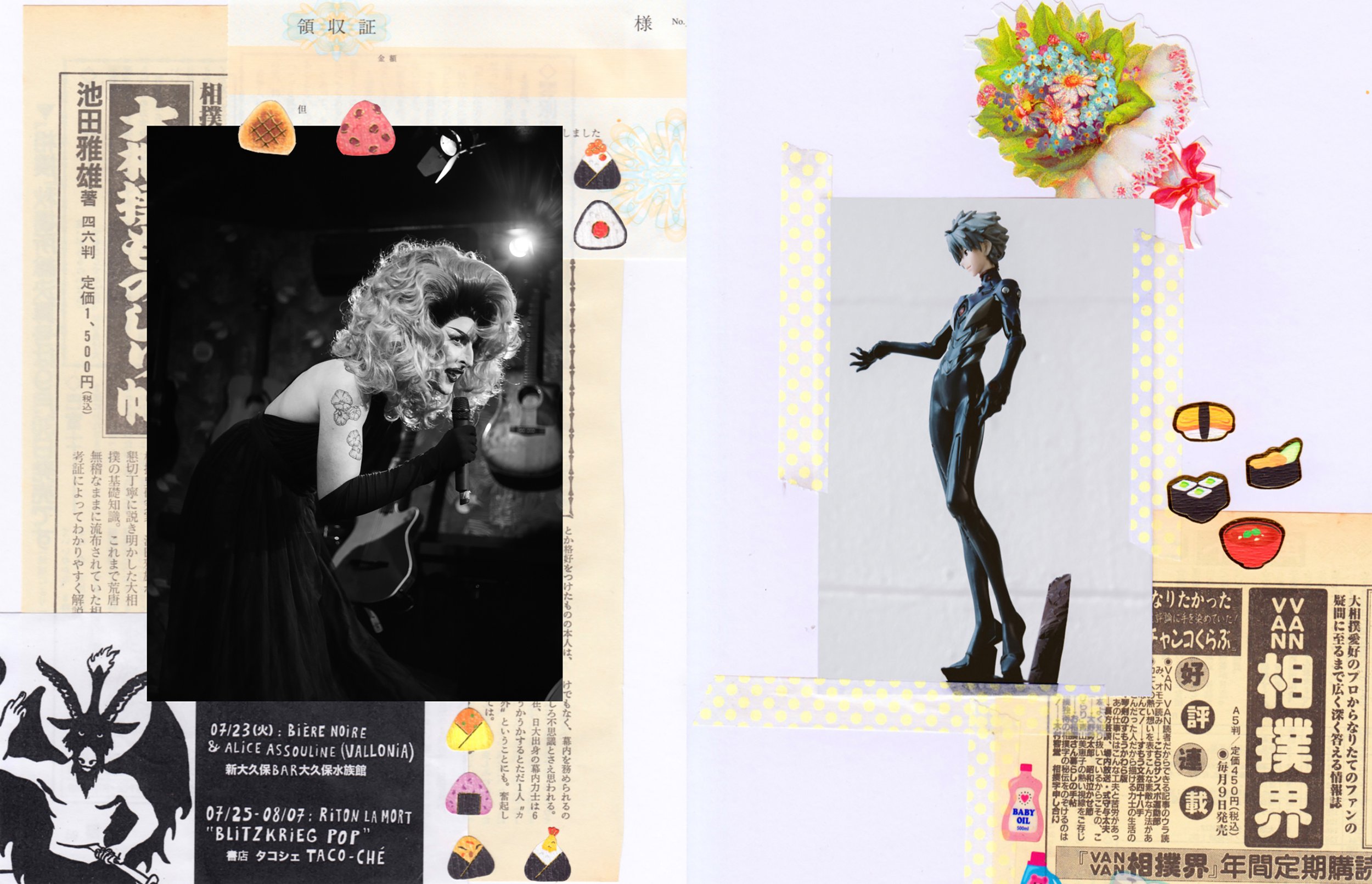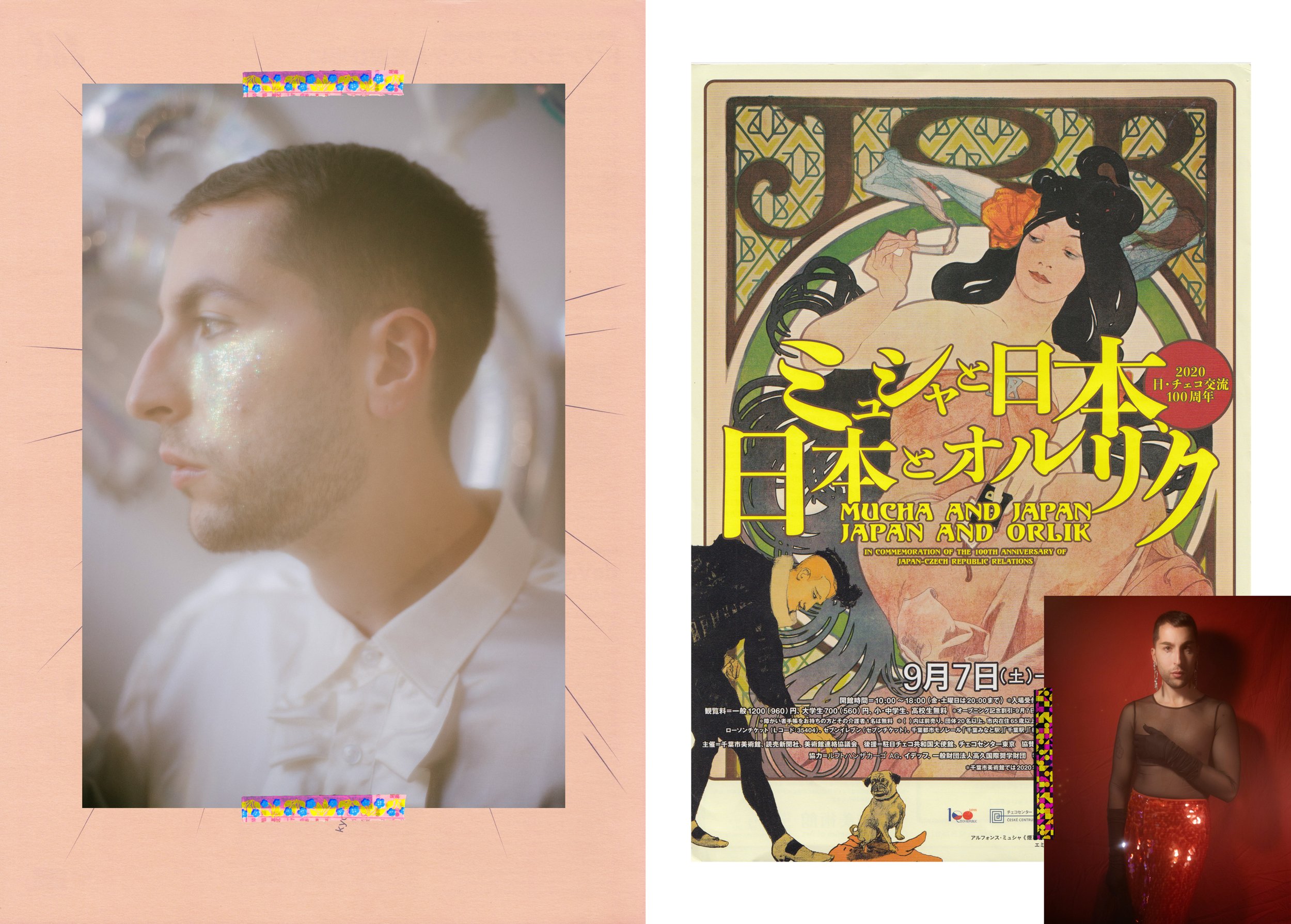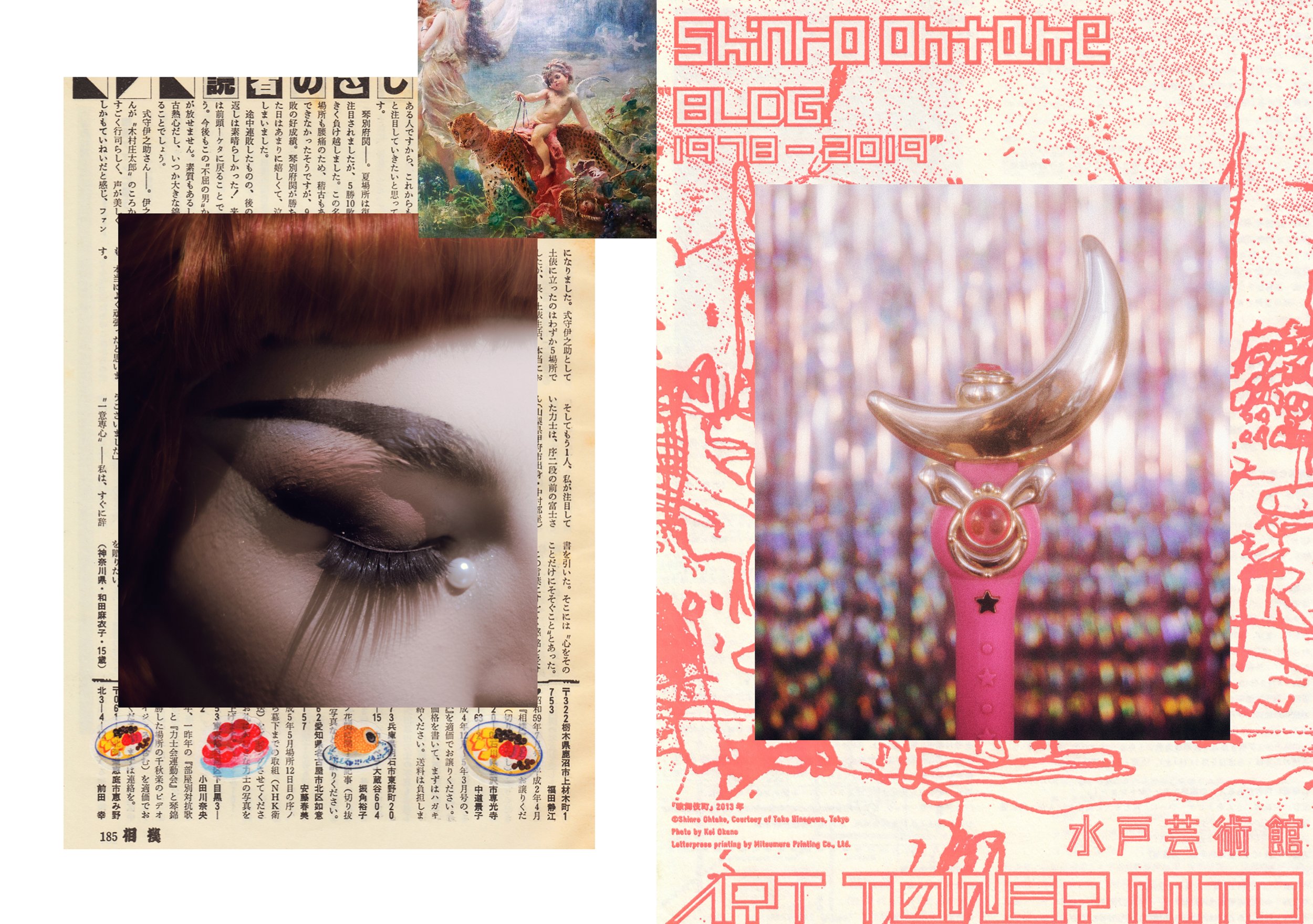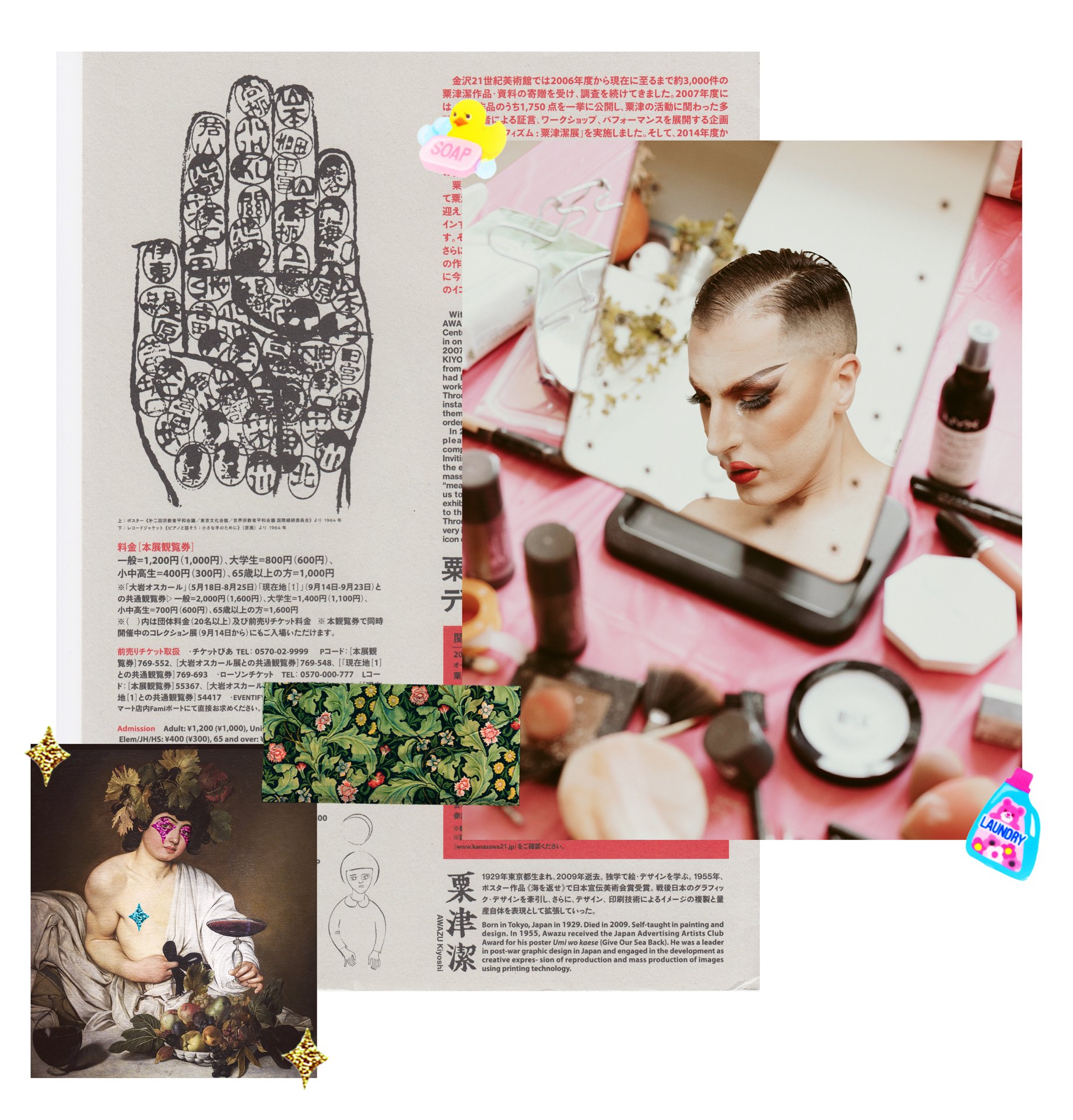ARCADIA - Antonio Miucci
Raised in Southern Italy, Antonio Miucci (1994) is an Italian visual artist and fashion photographer, he lives and works in Milan. He holds a MFA in Photography and Contemporary Art, from Brera Fine Arts Academy. His research in art and photography deal with the themes of Queerness, celebrating self-expression, bravery, vulnerability, beauty, human brightness and darkness.Through the use of visual arts mixing with portrait and fashion photography, as well as the conscious use of vibrant colours, the willingness of the author is to create evocative and layered imaginaries, whose intention is to redefine the perception about gender and personal identity in contemporary society, specifically deconstructing visual and cultural stereotypes about masculinity.His works have been exhibited in Italy and abroad for several group shows and presentations (Gender Project Berlin, Paris Photo, Prix Picto de La Mode, The Curated Fridge, Palm Photo Prize 2020, Artissima & GQ Italia, Cardi Gallery, Voies Off, Triennale Design Museum, Fondazione Meravigli) and published in several international art and photography books and magazines (Der Greif, Fresh Eyes, Young Photographers from Italian Academies by Ragusa FotoFestival, Witness, GQ Italia, Rolling Stone, CAP74024, Oneg, Vogue Italia, The Collector, A Part Magazine, Kaltblut, Perimetro, Pellicola).
ARCADIA is a photography project turned into a book and a documentary film executed by Antonio Miucci. It tells a story of the inner and exterior world of Antonio Miucci. The narrative of the project is built by two main characters. These are Stefano Filipponi - a performer, singer-songwriter, and his alter-ego Arcadia. Next to them in the project appear references to characters from the Japanese anime/manga series - Sailor Moon. ARCADIA values similar themes as the animated series. Themes such as love, friendship, freedom, kindness, justice, acceptance, equality, and tenacity are set in juxtaposition with Japanese animèshon pop culture and Western-style paintings. The diversity of references together creates a collage, or in Miucci’s words a Gesamtkunstwerk.
The name of the project stems from a mythical story of Arcadia - a landscape known for its harmony and unspoiled condition. The human body plays an important role in ARCADIA in a way it explores the boundaries between feminine and masculine, breaking with the common beauty standards. Pages of the book intertwine images of theatrical poses of Arcadia/or Stefano Filipponi, with stills from drag performances with the preparations for the shows. Arcadia’s captivating gaze draws the viewer into her world, inviting us to participate in the preparation and drag performance. Her posture represents strength as she looks from her curly red hair. Dark-coloured Japanese typography creates the backdrop for the personalities of Antonio Miucci. In 1964 American critic Susan Sontag coined the term Camp Aesthetic which refers to irony, exaggeration, and subversion of mainstream aesthetic trends. As stated by Miucci himself, Camp Aesthetic becomes crucial in connecting both worlds and the Western and Japanese influences. His gentle attitude towards his body manifests love, simultaneously encouraging the public to do the same. The presence of Camp Aesthetic gives value to non-linearity which allows for everyday social norms to become trespassed. As a final result, ARCADIA becomes a subject for experimentation and creative play where identity can be as dynamic as it can be colourful.

